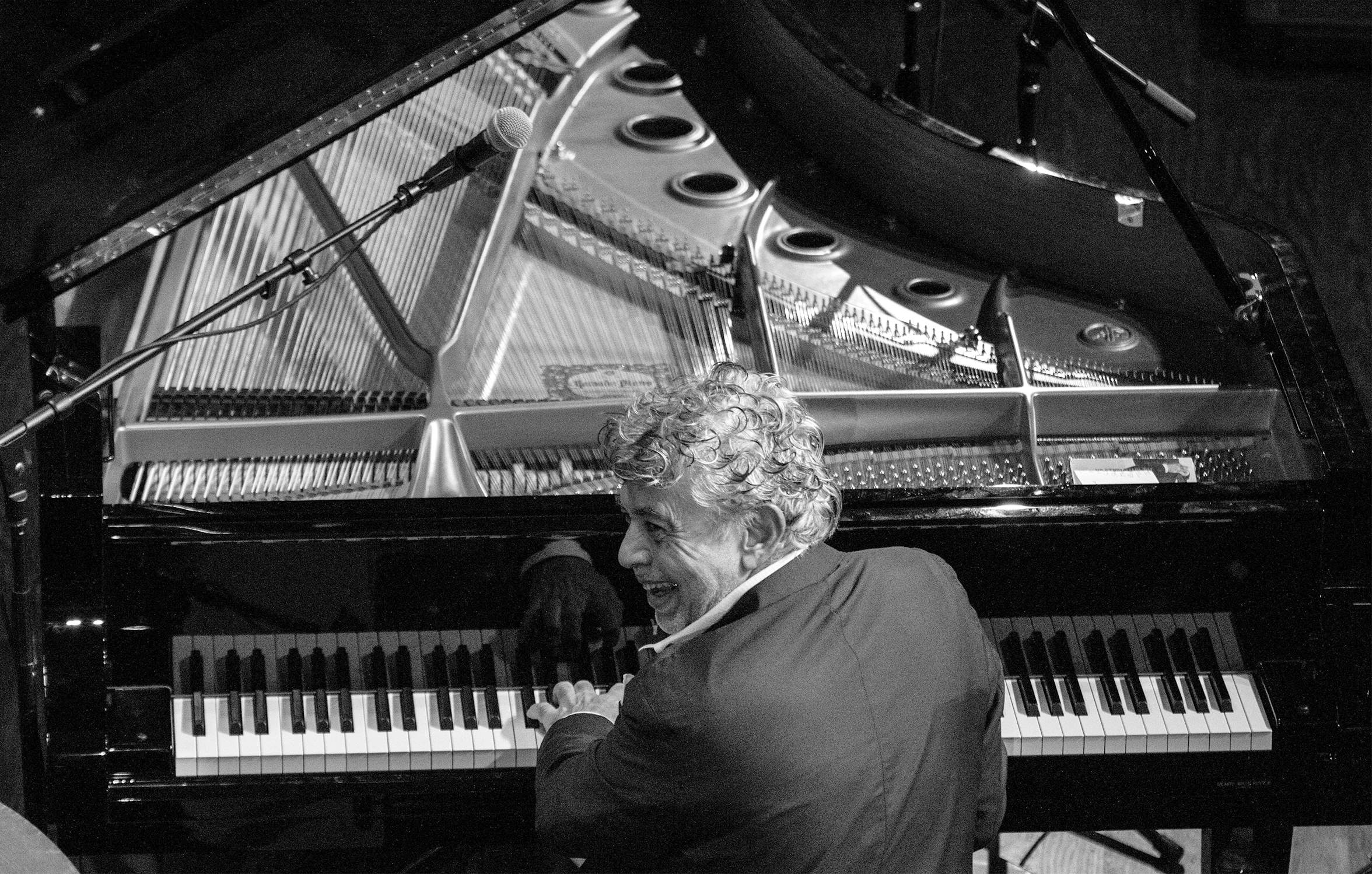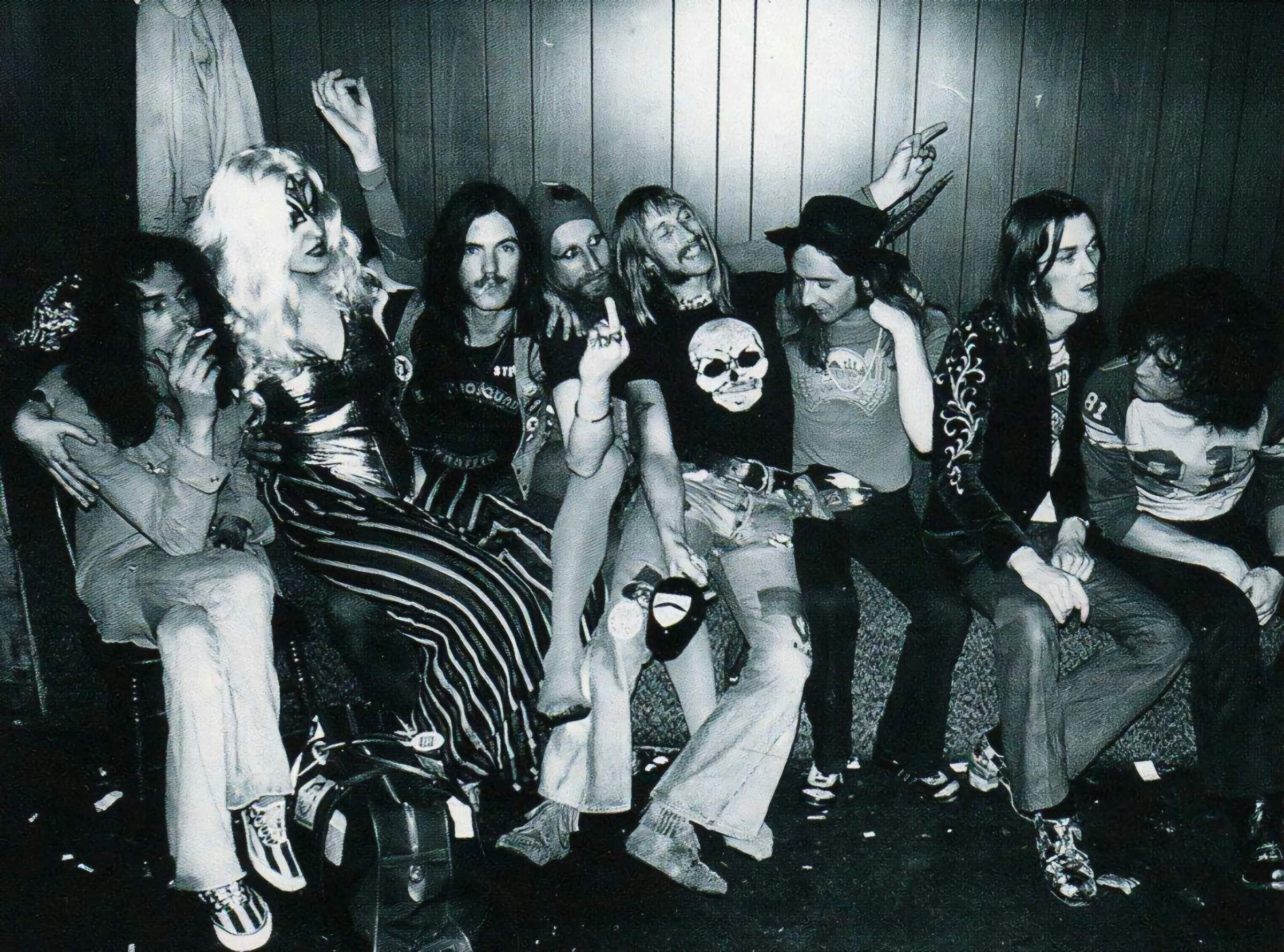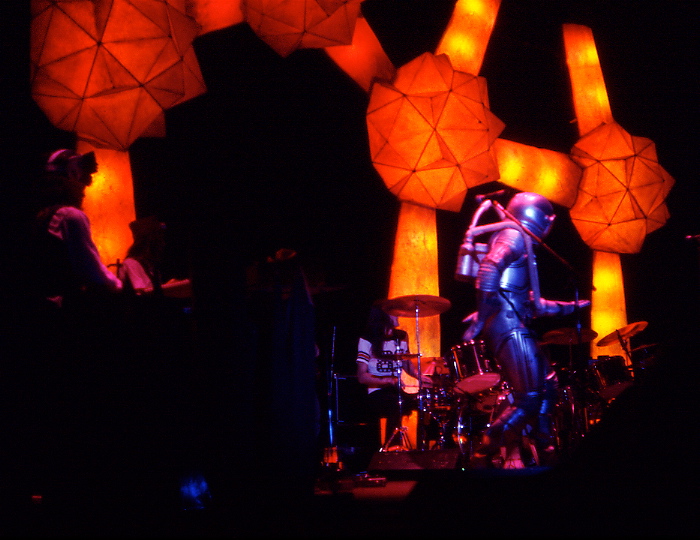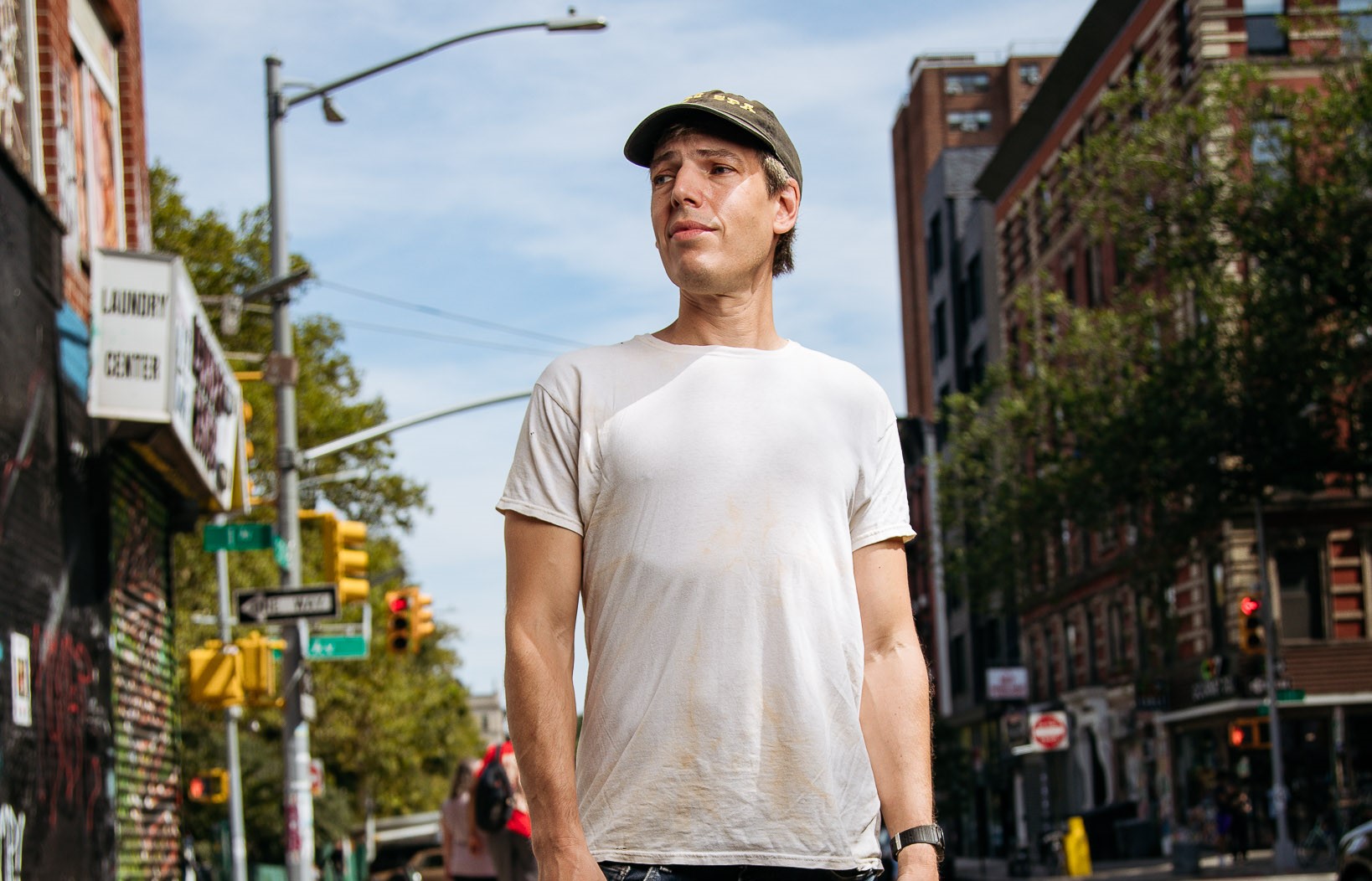Monty Alexander | Interview | New Album, ‘D Day’
Monty Alexander, renowned for his illustrious career spanning decades, is set to captivate audiences once again with his upcoming performances at Ronnie Scott’s Jazz Club from June 24th to June 28th.
Celebrating the release of his latest album ‘D Day,’ which blends wartime classics with original compositions, Alexander continues to mesmerize with his heartfelt melodies and profound musical storytelling. With a career that reflects a journey from Jamaica to international acclaim, Alexander’s music not only honors historical events like the Normandy Landings but also inspires reflection on themes of peace and humanity. His performances at Ronnie Scott’s hold a special significance, marking a return to a venue where he has forged lasting memories and friendships over the past five decades.
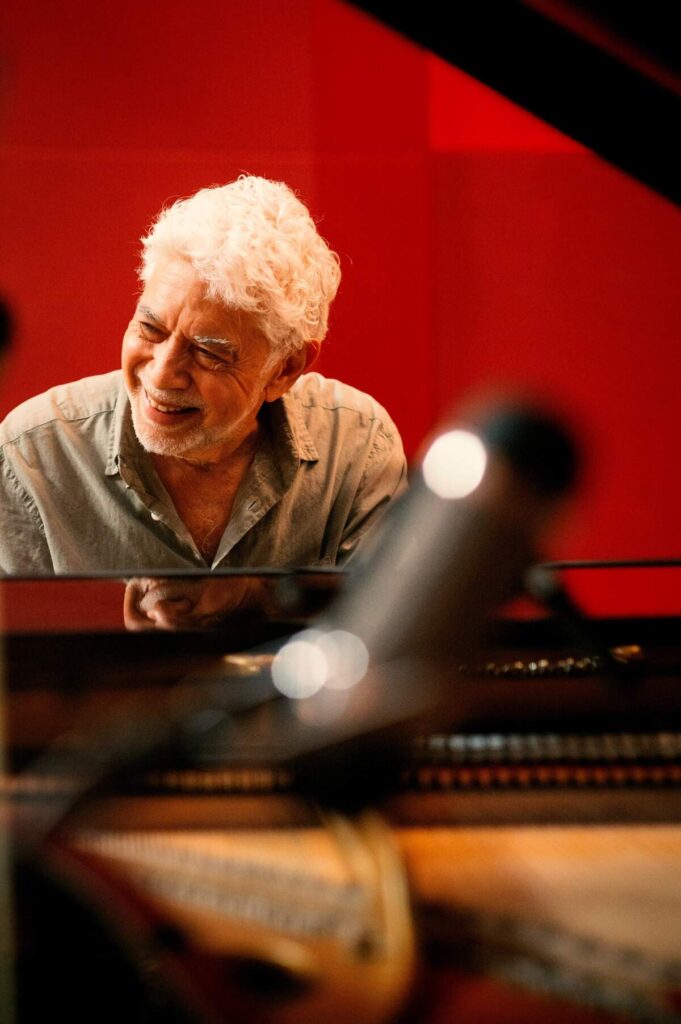
“Peace, and always peace before war”
Could you share the inspiration behind your new album ‘D Day’? The album features a mix of wartime songs and original compositions. Could you elaborate?
Monty Alexander: The idea originally was to record songs from the WWII era, spanning 1939-1945. Then it occurred to me that I could make a more meaningful statement by recording a combination of original songs and classic songs from that era.
‘D Day’ commemorates both the 80th anniversary of the Normandy Landings and your 80th birthday. How did these parallel milestones influence your approach to the album, and what emotional or thematic layers did you aim to incorporate into the music to honor such a significant historical event?
‘D-Day was the beginning of the end of WW2; it was the day when the Allies started to re-establish peace in Europe, yet it was a terribly violent day. Being born on D-Day instilled in me a special mission in life to be a man of peace. The album’s recording sequence describes the various stages of war, from conflict (‘Aggression’) to resolution (‘Restoration’) and finally to Peace (‘River of Peace’), aiming for lasting peace.
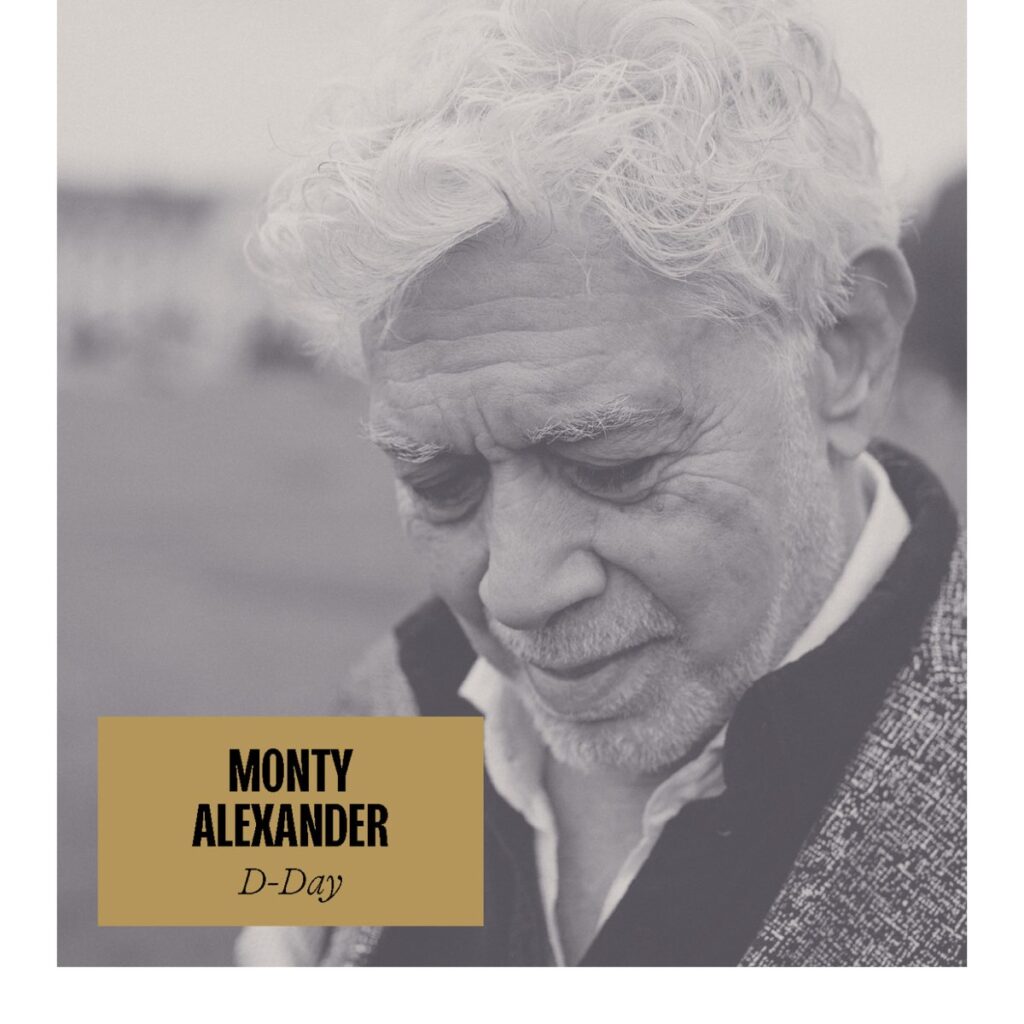
You recorded ‘D Day’ at Studio Sextan in Paris with bassist Luke Sellick and drummer Jason Brown. Could you share some further words about the recording process?
For this recording, we set up the instruments much like we do for live concerts, allowing us to be close to each other and recreate a special intimate space.
One of the key messages of ‘D Day’ is the importance of lessons drawn from the past. How do you use your music to convey these messages, and what do you hope listeners will take away from this album in terms of reflection?
Peace, and always peace before war. I strongly believe this, and I hope we can remember the horrors of WW2 because it seems the world has forgotten these crucial lessons. I don’t conceptualize what I play; I play what I feel. I hope to convey a message of peace, joy, and fraternity among people. Perhaps the way Luke, Jason, and I share space in the studio and play together can resonate with humanity.
Ronnie Scott’s Jazz Club holds a special place in the hearts of many jazz enthusiasts. What does performing at this iconic venue mean to you, especially during your upcoming shows from June 24th to June 28th?
I’ve been playing at Ronnie Scott’s since 1975 (maybe even 1974, not sure)—it’s incredible to realize this and to return. It’s 50 years later, and I have wonderful memories and friendships tied to this place. It’s less an iconic venue for me and more a homecoming.
How has your musical style and approach evolved over the decades? Where would you place ‘D Day’ in your career?
That’s not for me to say. I play with as much sincerity as I did from the beginning. I’ve certainly grown, musically and as a person, since I started playing in Jamaica at age 15, which was 65 years ago. ‘D Day’ is perhaps my 80th album as a band leader and holds a special place for me as it makes a statement for humanity.
“I always sought out their human qualities”
Throughout your illustrious career, you’ve collaborated with many renowned artists. Could you share some memorable experiences or lessons learned from these collaborations?
I always sought out their human qualities—I never attended music school but learned a lot just by being around them, listening to their stories, and sharing experiences.
Who are some of the most important players that influenced your own style, and what particular aspects of their playing did you appreciate?
I listened to all kinds of music, from jazz masters like Louis Armstrong (whom I saw live in Kingston at 12 years old) to Nat King Cole, Ahmad Jamal, and Duke Ellington. I drew inspiration from everything and everyone, finding ways to express myself uniquely, sometimes drawing from nature—rivers, birds, seas, and thunder.
For your upcoming performances at Ronnie Scott’s Jazz Club, how did you select pieces from your extensive back catalogue and tracks from ‘D Day’?
Believe it or not, I have no idea what piece I’ll play until I sit at the piano, so we shall see…

Thank you for your time. The last word is yours.
You’re welcome! No last words from me; my best “words” are in my music. Just come to the concert.
Klemen Breznikar
Monty Alexander Official Website / Facebook / Instagram / Twitter / YouTube

